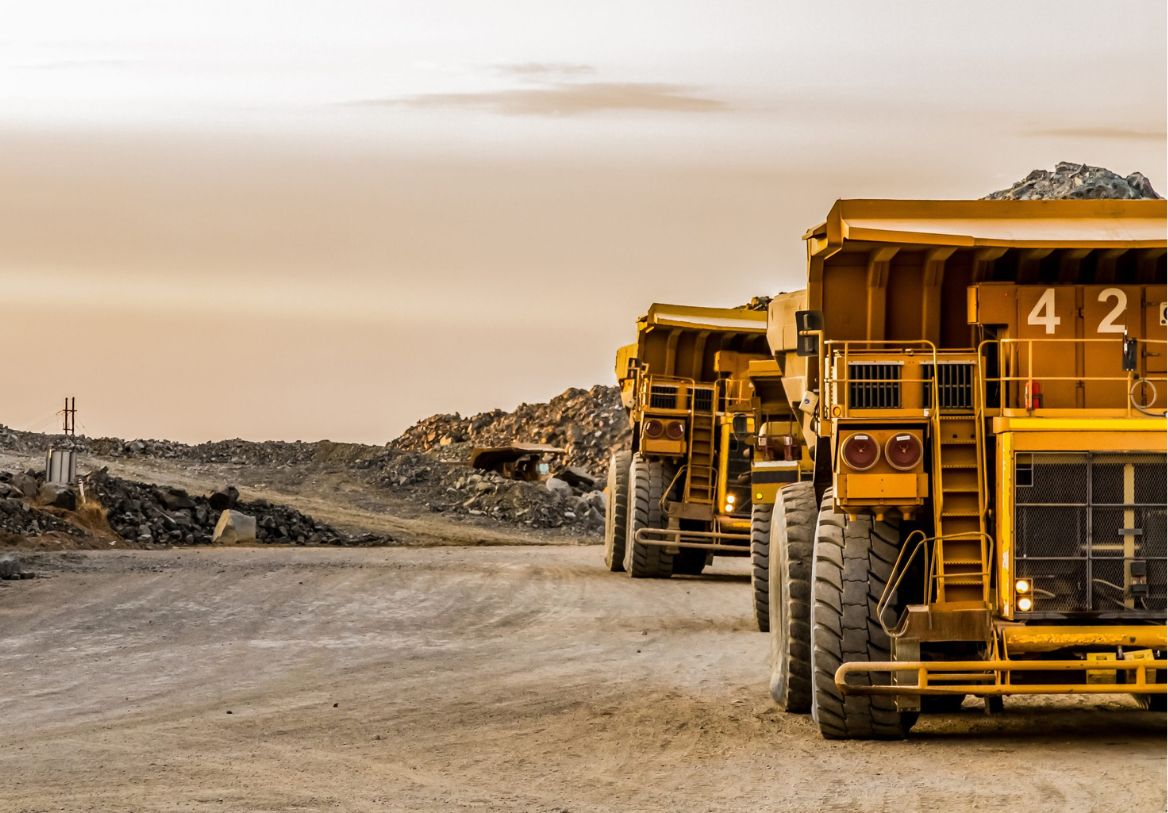Australian Antarctic icebreaker hit by technical issues and industrial action

- by Admin
- April 13, 2024
The $528 million RSV Nuyina is considered a “lifeline” for Australia’s stations in Antarctica.
But the ABC has confirmed the icebreaker’s two main cranes malfunctioned during its recent resupply mission to Mawson station.
It meant only a portion of the ship’s cargo could be offloaded ahead of the upcoming winter season.
“The resupply of Mawson research station last month was disrupted by bad weather and technical issues with the forward cranes of the RSV Nuyina,” the Australian Antarctic Division (AAD) said.
The cranes, which can carry up to 55 tonnes each, are designed to access dozens of 20-foot containers held in the ship’s cargo holds.
The AAD said repairs at sea allowed one of the cranes to return to “partial operation”.
“That allowed for some critical supplies for Mawson station to be accessed,” it said.
“This was transported to station by helicopter.”
The AAD declined to outline the amount or type of cargo that was unable to be offloaded.
However, it said Mawson station had sufficient supplies, including food and fuel, to ensure the safety of expeditioners over the coming months.
‘Bordering on the farcical’
The technical issues affecting the cranes are the latest in a series of problems that have plagued the vessel since it first arrived in Hobart in 2021.
“You’d expect a new icebreaker, particularly of the magnitude of the Nuyina, to have some teething problems,” Greens senator Peter Whish-Wilson said.
“[But] this bordering on the farcical.”
Over the past three years, the issues have included:
- Motor faults that emerged ahead of its initial arrival in Hobart in 2021
- Software glitches that delayed its maiden voyage to Antarctica
- Propulsion system problems that required extensive repairs in Singapore
- Stability concerns that resulted in a ban on the ship going under the Tasman Bridge to refuel.
Documents obtained by the ABC under Freedom of Information laws also show some crew members were forced to don breathing apparatus after smoke was seen in the helicopter hangar last year.
The “thermal event”, which happened while the ship was carrying out a medical evacuation across the Southern Ocean, was caused by a problem with the ship’s de-icing cabling.
There were no flames, and the voyage was able to continue on its mission without further delay.
However, the Nuyina’s ongoing issues have had a significant impact on the AAD’s finances.
The AAD suffered a $42 million budget blow-out last year, due in part to the cost of leasing back-up resupply vessels.
Its annual fuel bill has also increased by almost $1 million because the ship now has to refuel in Tasmania’s north-west instead of its home port of Hobart.
The mechanical issues also resulted in the cancellation of the Nuyina’s first-ever dedicated marine science voyage last year, raising questions about whether it can fulfil its research capabilities.
Senator Whish-Wilson, who is chairing a parliamentary inquiry into the AAD’s funding issues, said the Nuyina’s problems highlighted the need for a second icebreaker.
“With only one ship, not only are we not able to do the critical science that is absolutely necessary at this point in history … but we’re struggling to resupply our bases, or provide the logistical support that they need.”
He said it begged a bigger question: “Have we made a significant error in strategy by only having one icebreaker?”
“I think all the evidence is screaming that we need to have two ships supporting the Australian Antarctic Division and the critical work that they do in Antarctica.”
Ongoing industrial action threatens voyage
The Nuyina returned to Hobart late last week following its seven-week voyage to Mawson Station.
The AAD said it was working with the vessel’s private operator Serco to assess the “status” of the cranes and conduct any necessary repairs.
But a separate issue has the potential to delay the ship’s final voyage of the 2023-24 season — a 1,500-kilometre resupply mission to Macquarie Island, scheduled to begin later this month.
A dispute over pay and conditions has prompted engineers and marine officers to take industrial action against Serco.
They are refusing to load or offload cargo, run the ship’s propulsion system or refuel the vessel until their demands are met.
They say an attempt by Serco to reduce their pay during the industrial action has hardened their resolve.
“They won’t be cowered by Serco’s actions and the bans remain in place,” Australian Institute of Marine and Power Engineers (AIMPE) senior industrial organiser Nathan Niven said.
“We just need Serco to come to the party in relation to these negotiations so that the vessel can be loaded and fuelled and set a course for Macquarie Island.”
In a statement, Serco said it had offered “generous” pay increases over the next four years.
“Our aim is to reach an agreement that will benefit our crew over the long-term,” a spokesperson said.
“However, our offers continue to be met by the AIMPE and AMOU unions with various work bans designed to disrupt important resupply and maintenance operations.
“Serco remains committed to negotiating in good faith and reaching an agreement that is fair for all, and sustainable.”
Serco said it was seeking assistance from the Fair Work Commission to limit further disruption to Australia’s Antarctic operations.
LoadingLoading…
Posted , updated
The Latest News
-
November 23, 2024Smith fires, Herbert in LIV mode as Aussie PGA heats up
-
November 23, 2024‘My story’s still not done’: Joel Dahmen drains ticklish putt to make cut at RSM, keeps hopes alive of retaining tour card – Australian Golf Digest
-
November 23, 2024Australian PGA 2024: LIV Golf’s 54-hole starts good prep for rain-shortened event, says Herbert – Australian Golf Digest
-
November 23, 2024Australia v India: first men’s Test, day two – live
-
November 23, 2024Live Test updates: Indian speedsters continue rout of Australia as Bumrah takes five





